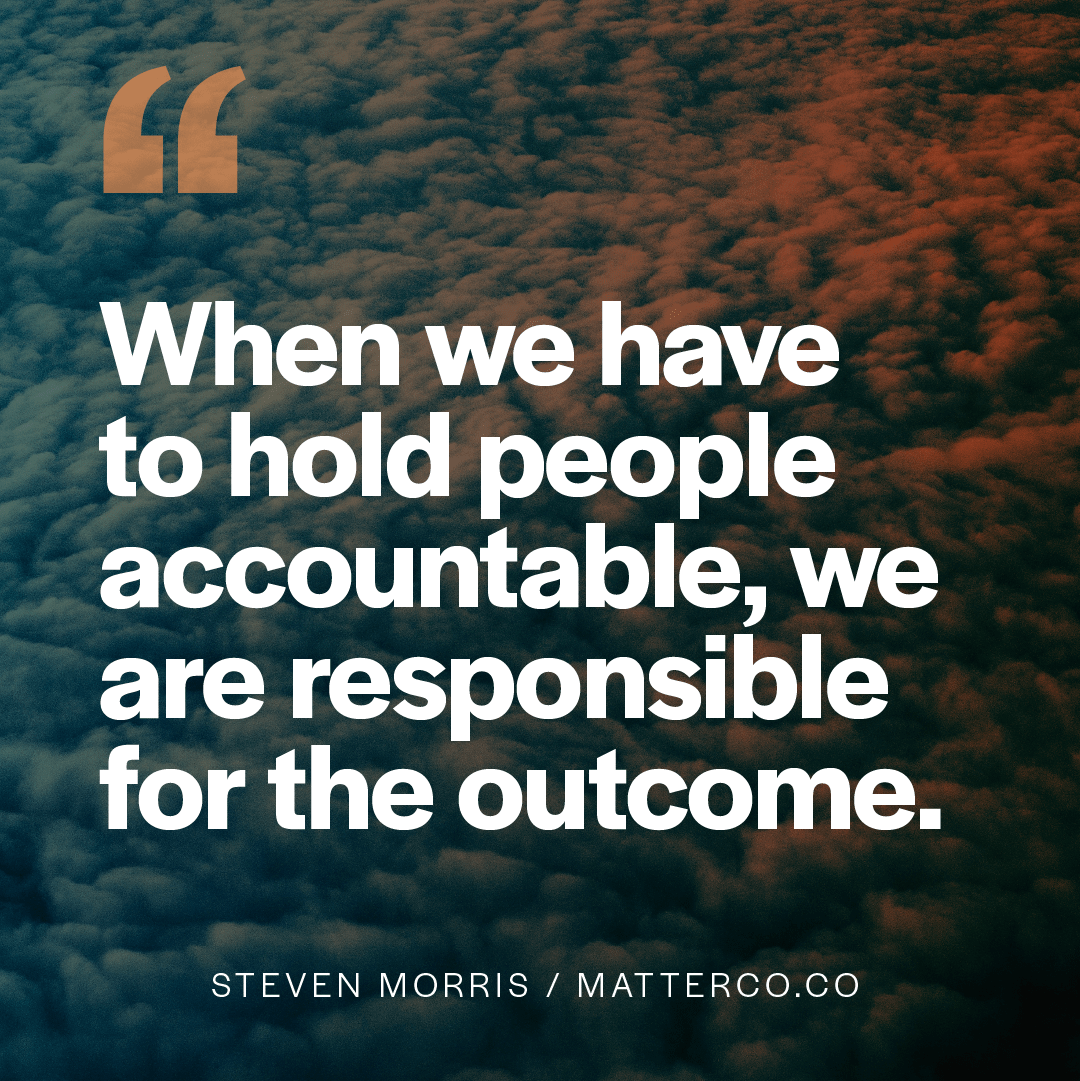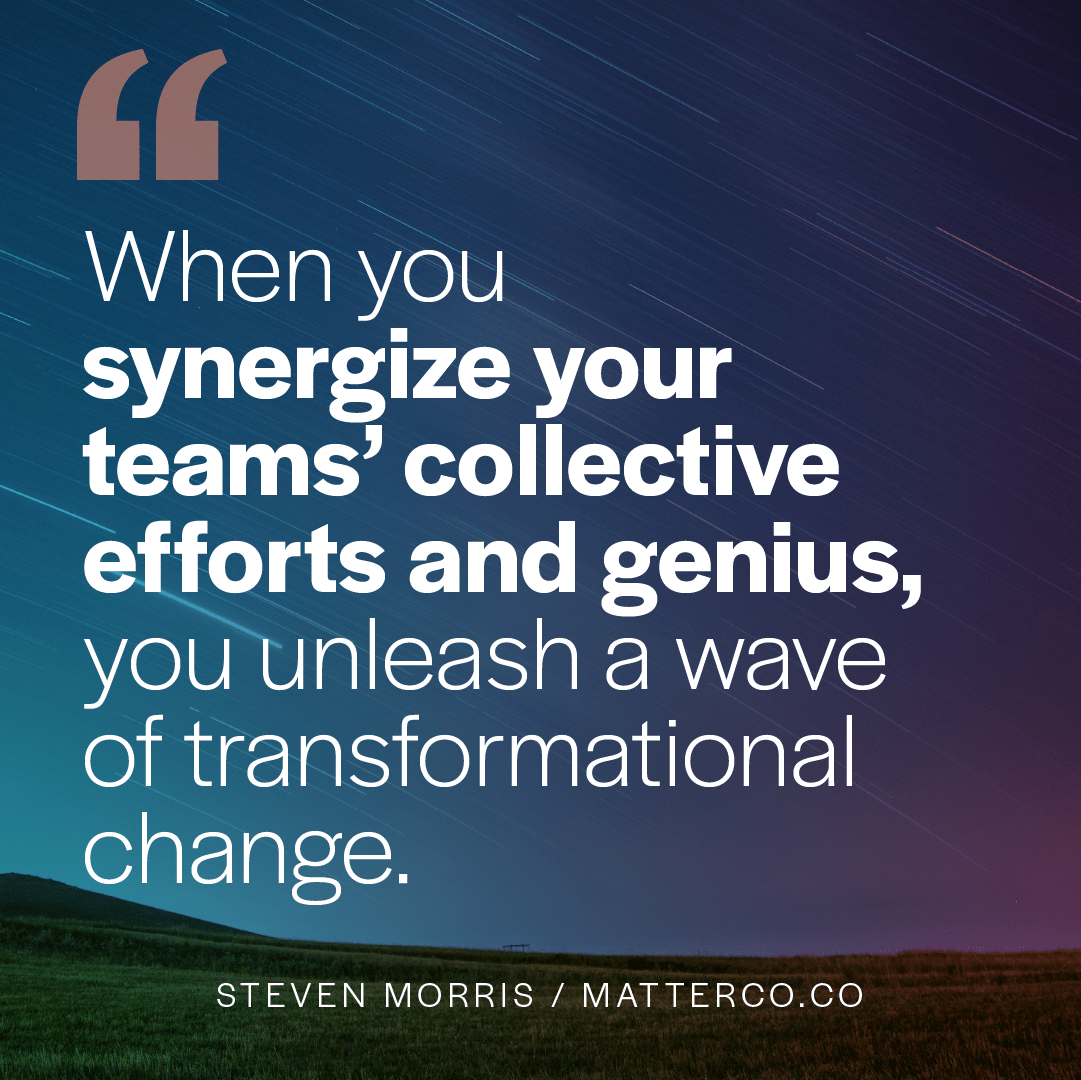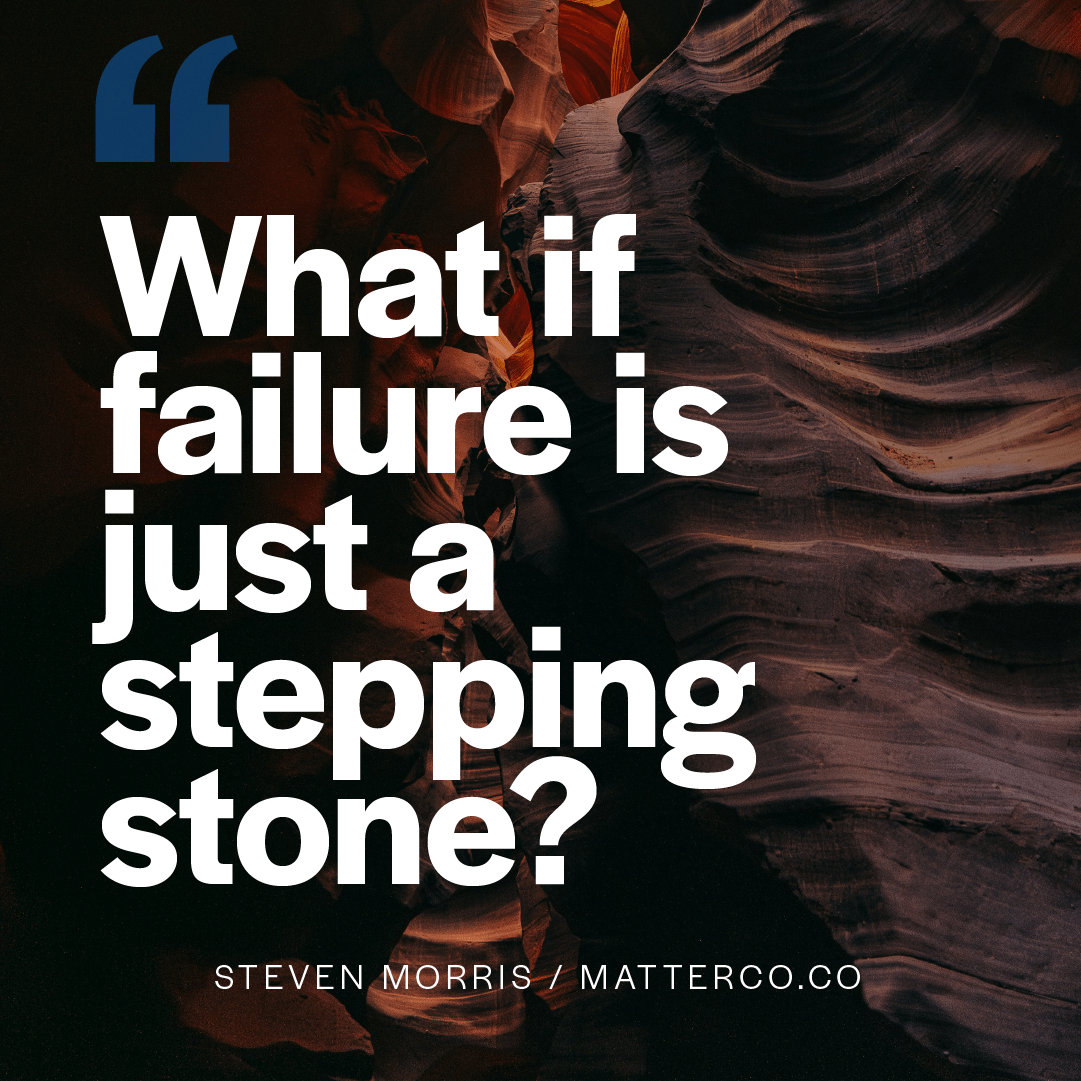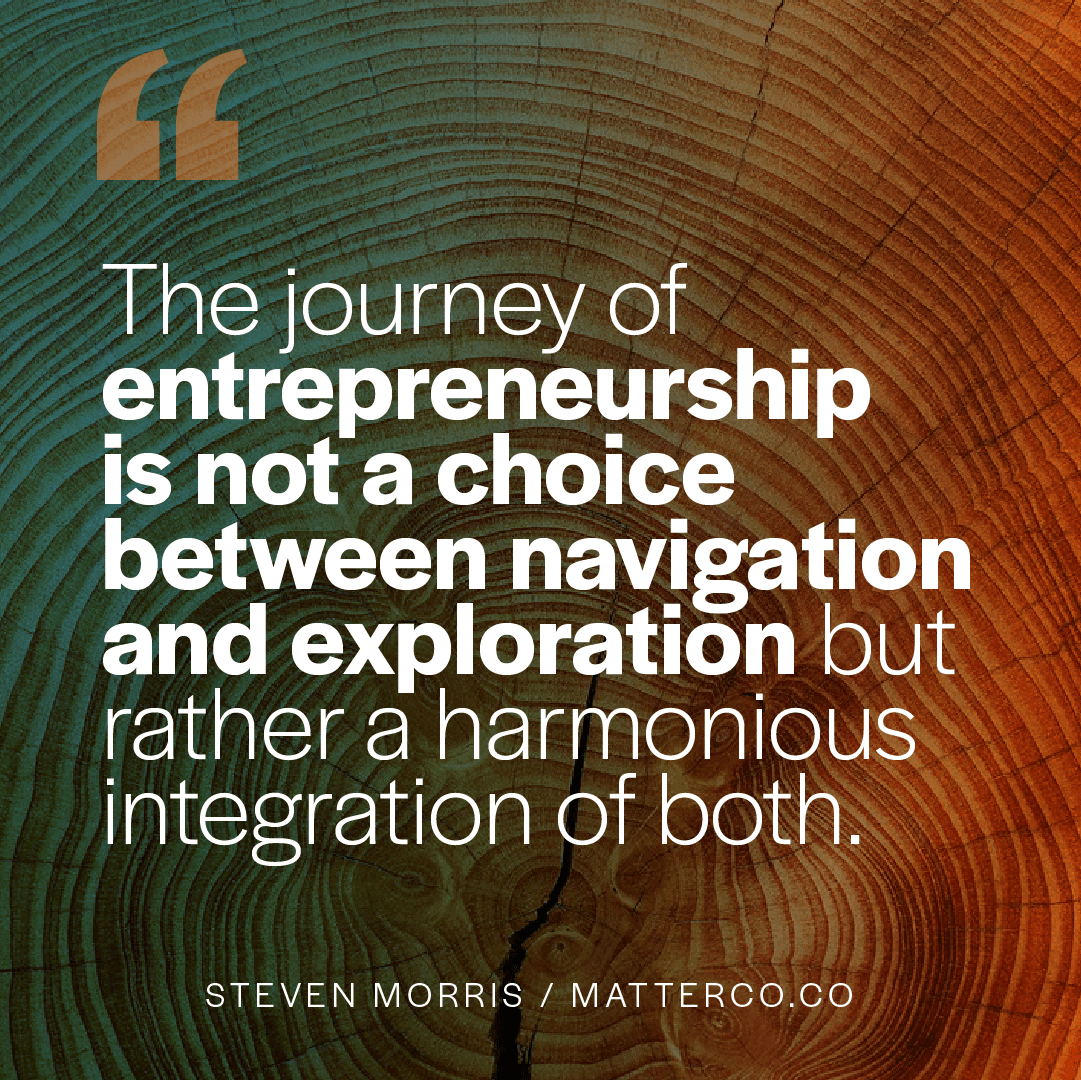
Have You Solved the Brand Challenge?
If you can solve your brand challenge, it’s likely you can solve everything else in your business. But if you don’t solve this challenge, just about everything else in your business suffers: your sales, your culture, your marketing, your impact, and your ability to attract and retain more of the right, loyal customers and employees.
Here’s what can happen when you haven’t solved the brand challenge:
- You chase customers
- You chase employee prospects
- You chase the competition
- You compromise your values
- You sell your products or services for less than premium or profitable rates just to stay afloat,
- Your team is disengaged, quietly quitting, or is “phoning it in.”
Most challenging of all, though, is that you work very hard to keep the organization humming only to have a confused audience and a disengaged staff who don’t seem to be on the same page as you.
The brand challenge, ultimately, is an integrated business challenge. And, it’s about impact. Like all the most pressing challenges in your business, they live at the intersection of danger and opportunity. When a business states a purpose, for instance, the highest standard of achieving that purpose is measured through impact. The danger is that you don’t live up to your stated impact. The opportunity is to strive for ever more impactful aims for your branded business.
Your brand is the culmination of what your organization believes, how your culture behaves, how you express yourself visually and verbally, how you innovate products and services, how you market, and how and what you communicate to the world.
Metaphorically speaking, if your business were a human, the brand would be its beliefs, attitude, actions, behaviors, character, and the cumulative effect of these attributes applied consistently over time that creates your reputation. An evolved brand is one where the organization integrates your brand building that creates a measurable and actionable through-line between your leaders, your culture, your products or services, and your customers.
This fusion of business strategies, beliefs, and organizational actions has been referred to as “social architecture” by Kevin Sharer, former CEO of Amgen. He notes, “If you don’t have a social architecture that’s solid, well-accepted, and can be operationalized against the most important decisions you make, that’s leadership’s fault.”
My client partners have shared a few things you might find surprising about the results they’ve realized.
- The brand evolution operationalized what we believe. Those beliefs always sat at the core of our business, but the clarification helped us activate them. As a result, we had more clarity on the business we’re in, how the brand could be lived in our culture, why and how we do what we do, the impact of our work, and the benefits to our employees and customers.
- It seemed easier to evolve my brand as a company that’s been around for some years. When we launched our business, we were in start-up mode, trying to attract enough business to stay in business. The maturity we now have provided traction, and with this traction, we can more easily accelerate and innovate.
- The brand evolution brought our leadership team together. Because we all more deeply understood what we collectively believe and how to apply these beliefs, the leaders were in lock-step with our purpose and promise, making their jobs easier and more aligned with their personal values. This echoed out to the entire team and was especially useful in our sales team’s results.
- The brand evolution unearthed research to understand better how our services (or products) impact the lives of our customers. The process clearly went well beyond a previous “rebrand” and prior strategic planning exercises. This fused together our business strategy, marketing strategy, and our culture, with how we express and communicate with our customers.
- The brand evolution created deeper employee engagement and increased our retention. While we expected to see an improvement in our ability to attract new customers, we did not anticipate the benefits found concerning recruiting new employees and deepening our team’s engagement in their work.
In the end, these benefits shouldn’t be all that surprising. An expert-driven brand evolution should create clarity and trust with your customers, employees, and the public. It should unite a team that’s driven to serve an impact-driven. It should attract customers who are aligned with your values and appreciate that you shared your beliefs with them.
And, it should capture the unique beliefs on which the organization stands and operates, distancing you from the competition. This is what all beautifully evolved brands offer.
Most important of all is this: a well-evolved brand offers integrity within your organization because it brings together disparate parts of your company by aligning your beliefs, behaviors, and strategic business impact.
If you want to get back to what your company does when it’s at its best, you might want to look within your organization’s social architecture, to create performance impact.

Thinking Beyond Purpose — Replay
An Author 3-Way Conversation with Denise Lee Yohn, and Adam Bryant, hosted by Steven Morris.
Has “purpose” lost its meaning; is it just the latest fad for corporations to jump on the bandwagon of?
Are some organizations misusing “purpose”?
Is it time to think beyond “purpose”?
It seems that nearly every business on the planet is talking about “purpose” these days. But, it’s unclear if there is any commonly applied definition of “purpose,” or if it carries any weight in today’s marketplace.
Denise Lee Yohn and Adam Bryant have both, in their own ways, been thinking about “purpose” for years.
Denise is a go-to expert on brand leadership for national media outlets, a sought-after speaker, and best-selling author of What Great Brands Do and Fusion: How Integrating Brand and Culture Powers the World’s Greatest Companies.
Adam has been a reporter, editor, and columnist for The New York Times, the best-selling author of The CEO Test, and has interviewed over 500 CEOs for his “Corner Office” leadership series.
Both Denise and Adam have a wealth of experience, insight, and know-how on what drives organizations to become successful, and even great.
Hosted by, Steven Morris brand and culture building expert and author of The Beautiful Business: An Actionable Manifesto to Create an Unignorable Business with Love at the Core.
If you want a more trusting team, a culture of belonging or a magnetic brand that attracts more of the right customers, I can help. If you'd like to explore if working together makes sense, drop me a line.







